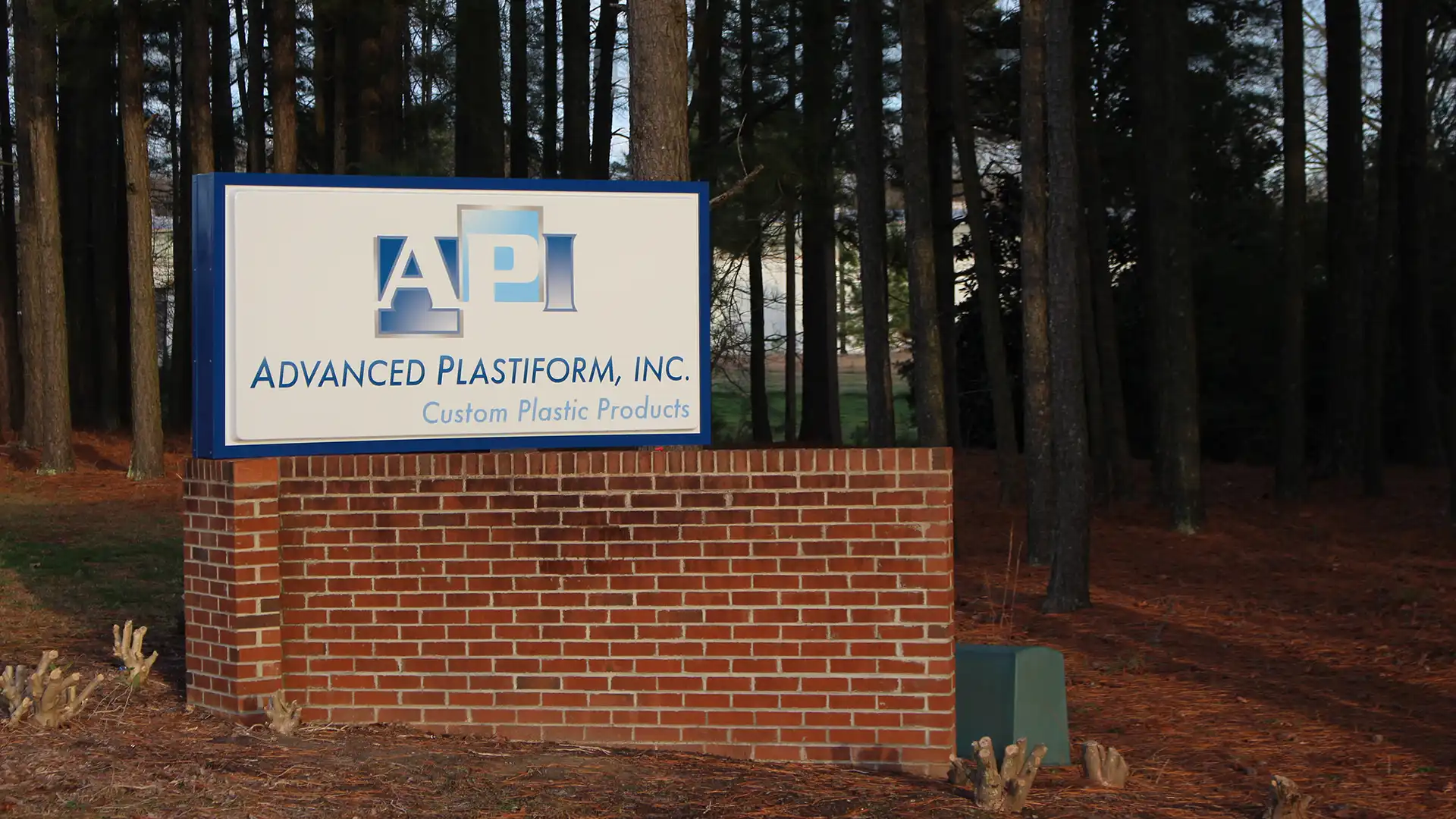Helping You Determine What is Best for Your Custom Plastic Component Thermoforming and injection molding…
Comparing Plastic Injection Molding vs Reaction Injection Molding for Manufacturing
For large quantities of custom plastics, injection molding is one of the most common methods of manufacturing. There are two primary types - reaction injection molding (RIM) and plastic injection molding (PIM), so how do you choose which one is right for your next project? Our injection molding company is breaking down the key differences between the two methods to help you determine which one is right for your next project.
Understanding the Injection Molding Process
Both reaction injection molding and plastic injection molding work in a similar fashion. First, the design process and prototyping are complete and approved, then a mold is created based on the prototype. Once it's time to begin manufacturing, a polymer is heated to a liquid state, then injected into a mold, and after it hardens, the plastic sets and is ejected for the next step of customization or completion.
The Difference Between Plastic and Reaction Injection Molding
What separates these two methods is the materials used. PIM uses a thermoplastic polymer and RIM uses thermoset plastics. So, let's look at the differences between thermoplastics and thermosets.
Thermoplastics are polymers that become liquid at a certain temperature and then injected into a mold or tool. It's cooled rapidly in order to harden into that shape. There is no change to the chemical structure, so thermoplastics can sometimes be re-heated and re-formed. Thermoplastics include PVC, acrylic, ABS, and PET.
Thermosets involve combining two types of plastic that often begin as a soft plastic or viscous liquid, then, once they are in the mold, a curing reaction begins - usually by heating them. The two polymers come together during the curing process, changing the chemical structure while hardening the polymers to create a new, strong material. However, once it's hardened, it can't be recycled, re-heated, or re-formed. Common thermosets used in RIM include fiberglass and polyurethane.
Choosing the Right Type of Molding for Your Project
When you're debating which manufacturing method is right for your custom plastics, let's look at some factors that will determine your decision.
Lead Time
Both manufacturing methods have a similar lead time as much of the time is spent in designing and prototyping as well as creating the double-sided mold necessary for the parts.
Cost
One of the biggest concerns with injection molding is the cost - fabricating tooling is expensive, particularly because high-pressure molding requires steel or alloy molds which are more expensive to produce. That is where, on the surface, RIM has the advantage. Because RIM is completed at a lower pressure, aluminum can be used to make the molds. The problem with this is that inexpensive molds don't hold up over long-term usage, so if you need a large production or long-term production, you would still want to go with a steel or alloy mold. On top of this, thermoset materials are more expensive than thermoplastics, typically.
PIM, on the other hand, does require heavier molds due to the high-pressure injection, but the thermoplastics used are less expensive to source and manufacture.
Usage
The leading factor to consider when choosing what type of injection molding is right is simply which material you feel will meet your goals for your completed piece.
Thermoplastics are incredibly versatile and offer the following benefits:
- Can be recycled
- Generally resistant to corrosion, impact, and chemical exposure
- Can be safe for food packaging
- Customizable with anti-static coatings, UV protection, anti-microbial coating, and other features
- Can be remolded and reshaped
- Additives and plasticizers can improve flexibility, strength, and make them lighter.
On the other hand, thermosets offer these benefits:
- Very hard and rigid
- Long-lasting structural integrity
- Resistant to high temperatures
- Can be reinforced with Kevlar, carbon, or fiberglass
Contact Advanced Plastiform for Custom Plastic Injection Molding
At Advanced Plastiform, Inc., we offer high-quality plastic injection molding for a wide variety of industries, including automotive, medical device, furniture, and telecommunications. With low per-unit pricing and fast lead times, we make durable, high-quality custom plastics affordable and accessible to customers across the Mid-Atlantic and Southeast, including North Carolina, South Carolina, Pennsylvania, Maryland, Tennessee, Georgia, and Virginia. To learn more about our plastics manufacturing services, contact us today by calling 919-404-2080 or filling out the contact form.

